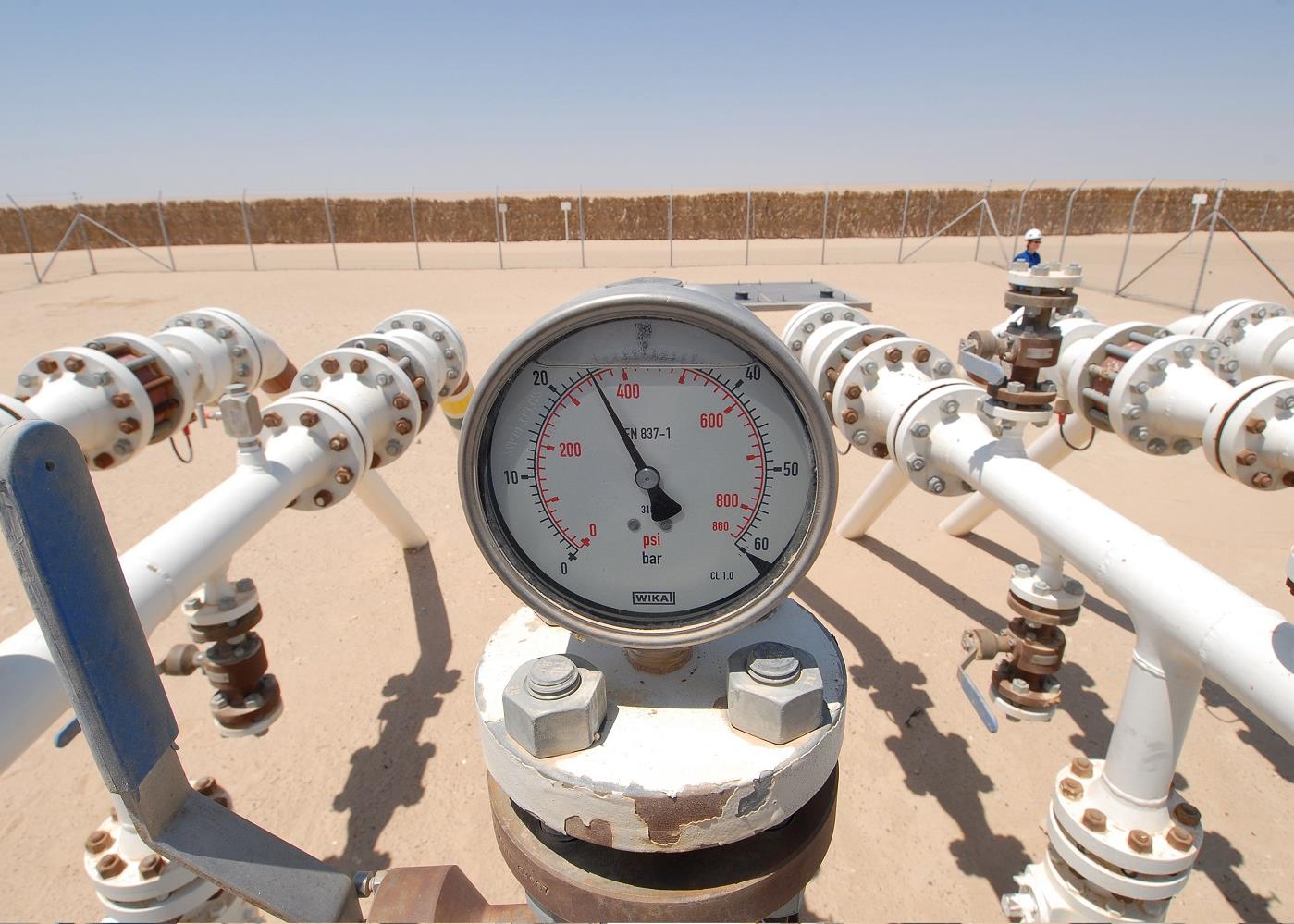

Like other countries in the region, Bahrain has developed power and water assets using the public-private partnership (PPP) model.
 The Electricity & Water Authority implemented this approach on the Al-Dur 1 independent water and power project (IWPP) and it is also being used for the under-construction Al-Dur 2 IWPP.
The Electricity & Water Authority implemented this approach on the Al-Dur 1 independent water and power project (IWPP) and it is also being used for the under-construction Al-Dur 2 IWPP.
The Ministry of Works has also turned to the PPP model for its wastewater projects, and in 2011 it awarded a build-own-operate-transfer contract for the Muharraq sewage treatment plant (STP).
The PPP model has been used for social housing too. In 2012, the Housing Ministry signed its first PPP agreement for more than 2,400 housing units in two areas: the Northern City and Al-Lawzi.
In 2015, the ministry followed this by signing a BD276m ($732m) deal to buy 3,100 housing units from local developer Diyar al-Muharraq.
The Housing Ministry continues to work with the private sector. In May this year, it received bids from private sector real estate companies for a contract to develop more social housing at Al-Lawzi.
Future plans
More ambitious PPPs are planned for the future. Arguably the most ambitious is a new causeway connecting to Saudi Arabia. In October 2019, the King Fahd Causeway Authority appointed a consortium of Netherlands-headquartered KPMG, US-based Aecom and UK-based CMS to provide transaction advisory services for a PPP that will develop the proposed $3.5bn King Hamad Causeway.
The 25-kilometre road and rail causeway will be the second crossing to link Saudi Arabia and Bahrain and will follow the same alignment as the existing King Fahd Causeway. The government says the business case is strong as more than 10 million vehicles use the existing causeway.
If the causeway and light rail schemes proceed then other projects will follow
Bahrain’s planned light rail scheme will also be developed using the PPP model. Also in 2019, a team led by KPMG submitted a low bid of BD1.61m for the transaction advisory contract. The first phase of the scheme is expected to be 30km long and have 20 stations.
Bahrain’s ambitions do not stop there. If the causeway and light rail schemes proceed then other projects will follow, most notably a greenfield airport project that will be built on reclaimed land north of Muharraq.
> Bahrain: Manama ramps up its PPP plans
> Egypt: Mixed results for Egyptian PPPs
> Iraq: Crises and protests curb Iraq PPPs
> Jordan: Construction sector eyes PPP opportunities
> Kuwait: Corner turned on water and power schemes
> Lebanon: PPPs offer route to recovery
> Morocco: Rabat reforms legislation to spur PPPs
> Oman: Muscat risks PPP confidence loss
> Saudi Arabia: Riyadh refocuses PPP plans
> Tunisia: PPP plans draw broad support
> UAE: PPPs expected to take off in UAE
> Other GCC: Gulf state bolsters legislation to drive PPPs
REPORT: PPP in the Middle East and North Africa 2021
 Our new report provides a comprehensive review of the Middle East’s growing PPP market and the outlook for PPP projects in the post-Covid-19 world.
Our new report provides a comprehensive review of the Middle East’s growing PPP market and the outlook for PPP projects in the post-Covid-19 world.
> Understand the PPP landscape in the Mena region
> Position your business for emerging opportunities
> Identify PPP investment opportunities
> Pinpoint business opportunities for contractors, consultants and lawyers
> Understand the challenges facing PPP delivery
> Get to know key client organisations and understand their needs
You might also like...

Rainmaking in the world economy
19 April 2024

Oman receives Madha industrial city tender prices
19 April 2024

Neom seeks to raise funds in $1.3bn sukuk sale
19 April 2024

Saudi firm advances Neutral Zone real estate plans
19 April 2024
A MEED Subscription...
Subscribe or upgrade your current MEED.com package to support your strategic planning with the MENA region’s best source of business information. Proceed to our online shop below to find out more about the features in each package.







